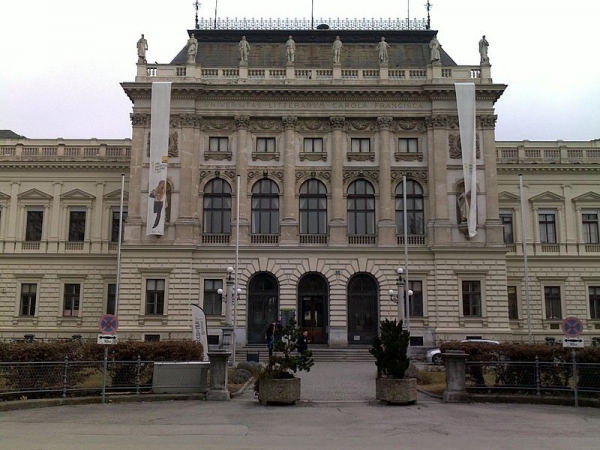https://www.uni-graz.at
Founded
1585Description
Founded in 1585, the University of Graz is the second oldest university in Austria as well as being one of its largest.
Numerous successful scientists, Nobel Laureates among them, have begun their careers at the university, including the physicist and philosopher Ludwig Boltzmann, who was twice a professor at the university twice where he developed his statistical theory on heat, and Alfred Wegener who developed the theory of continental drift.
From archaeology to experimental physics, the university today offers over 120 programmes across its six faculties. Its newest faculty, of Environmental and Regional Sciences and Education, opened in 2007 and although the university once comprised its own medical institution, the Medical University Graz (as it’s now called) became an independent entity in 2004.
Around 12% of the university’s 31,500 students are international, and the university is heavily involved in international mobility programmes. Graz currently offers a range of study and research opportunities with around 500 partner organisations around the globe.
Courses at Graz are taught mainly in German and students are expected to have a level of proficiency in the language. The university does run a doctoral programme in Natural Sciences though, which is offered in English.
Located in the southeast of the country, Graz is home to a total of six universities and the city is predominantly considered to be a ‘university town’, where every sixth resident is said to be a student.
As a historic, well-preserved city that features a wide variety of architectural styles, Graz has been awarded UNESCO World Heritage status. It is also located close to the nearby cities of Vienna and Salzburg, and close to Croatia, Switzerland and the Czech Republic.
In 2003, Graz was designated a European Capital of Culture.
Specific details
Location
Universitaetsplatz 3, Graz , 8010, Styria, Austria














 How to resolve AdBlock issue?
How to resolve AdBlock issue? 


Comments (3)